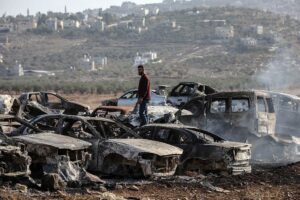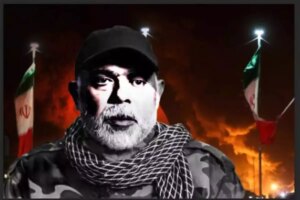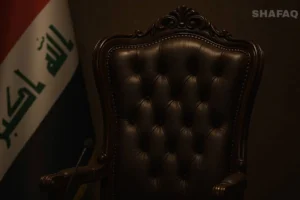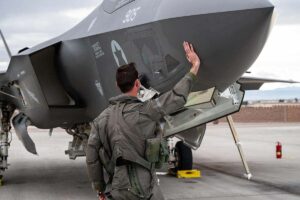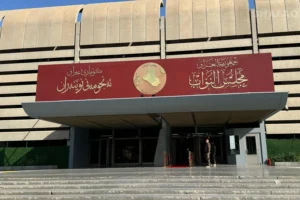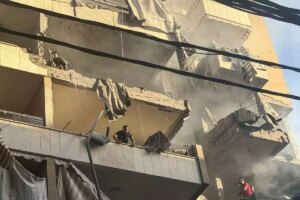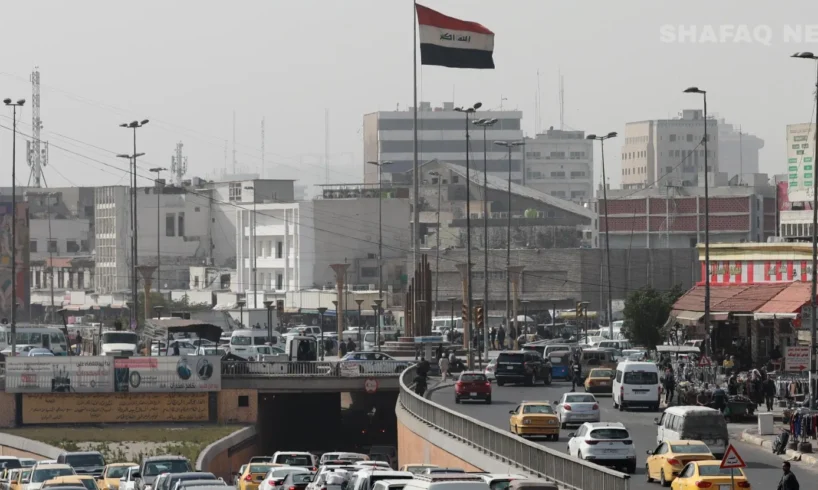
2025-11-24T19:31:07+00:00
font
Enable Reading Mode
A-
A
A+
Shafaq News – Baghdad
Regional dynamics in the Middle East continue to shift as
Iran seeks to reassert its influence following two years of military
escalations, while the United States, Israel, and several European governments
push to limit Tehran’s regional reach.
Analysts noted that Washington and its allies are pursuing
what they describe as a strategy of political and regional isolation targeting
Iran.
War of Isolation
Researcher Saleh al-Qazwini argued that this approach aims
to elevate Israel’s position in the region and discourage Arab states from
engaging with Tehran. Speaking to Shafaq News, he pointed out that the United
States continues to apply maximum pressure on Iran regarding its nuclear
program and military capabilities, while promoting arms sales to regional
partners by portraying Iran as a key threat.
Despite these pressures, al-Qazwini noted that Iran has
sought to blunt Western influence by engaging neighboring states and managing
tensions, though he expects US pressure to intensify in the near term.
Read more: Iraq between two fires: Tehran and Washington eye Baghdad’s post-election phase
Iran’s Pivotal Position
Political analyst Imad al-Musafir said the recent military
confrontation between Iran and Israel has reshaped strategic calculations in
the Middle East, demonstrating—according to him—Iran’s political and military
leverage backed by major international powers.
In an interview with Shafaq News, Al-Musafir predicted that
“current regional dynamics are trending toward de-escalation as Israel faces
internal strain, while Washington appears more inclined toward regional
stability, giving Iran a decisive role in determining the direction of events.”
Post-Election Expansion
Political science professor Sam al-Faili describes Iran’s
regional posture as a “struggle for survival,” rooted in policies dating back
to 1979. He told Shafaq News that “Iran’s influence remains entrenched in
Lebanon, Palestine, Iraq, and Yemen,” and cited European reports claiming that
Tehran recently renewed funding to Hezbollah, exceeding one billion dollars.”
Read more: Lebanon: A nation unraveling tensions overshadow independence
He pointed to the strong electoral performance of Iraqi
lawmakers aligned with the “Axis of Resistance*” According to al-Faili,
upcoming US diplomatic engagements in Iraq will likely carry new political and
security messages amid ongoing Iranian–American–Israeli tensions.
Factions and MP’s
In a related assessment, Haitham Al-Heeti of the University
of Exeter says Iraq is moving gradually toward deeper alignment with Iran, with
armed factions expanding their political influence. Al-Heeti considered the current
phase as the most sensitive since 2003, arguing that Washington’s ability to
counter this shift is limited. He also noted that a visit by State of Law
Coalition leader Nouri al-Maliki to Erbil could signal efforts to consolidate
political alliances that reshape Iraq’s governing structure.
Political researcher Nawal al-Moussawi offered a contrasting
view, stating that Iraq’s political landscape remains unsettled and divided
among Shiite, Sunni, and Kurdish blocs. She contended that Iran’s regional strategy
faces increasing obstacles and that its influence—particularly in Iraq—has
narrowed.
“The formation of Iraq’s next government will be a critical
indicator of whether Baghdad can reassert sovereign decision-making independent
of competing regional agendas,” Al-Moussawi said.
*A military alliance led by Iran and composed of armed
groups across the Middle East that oppose US and Israeli influence in the
region.
Written and edited by Shafaq News staff.
